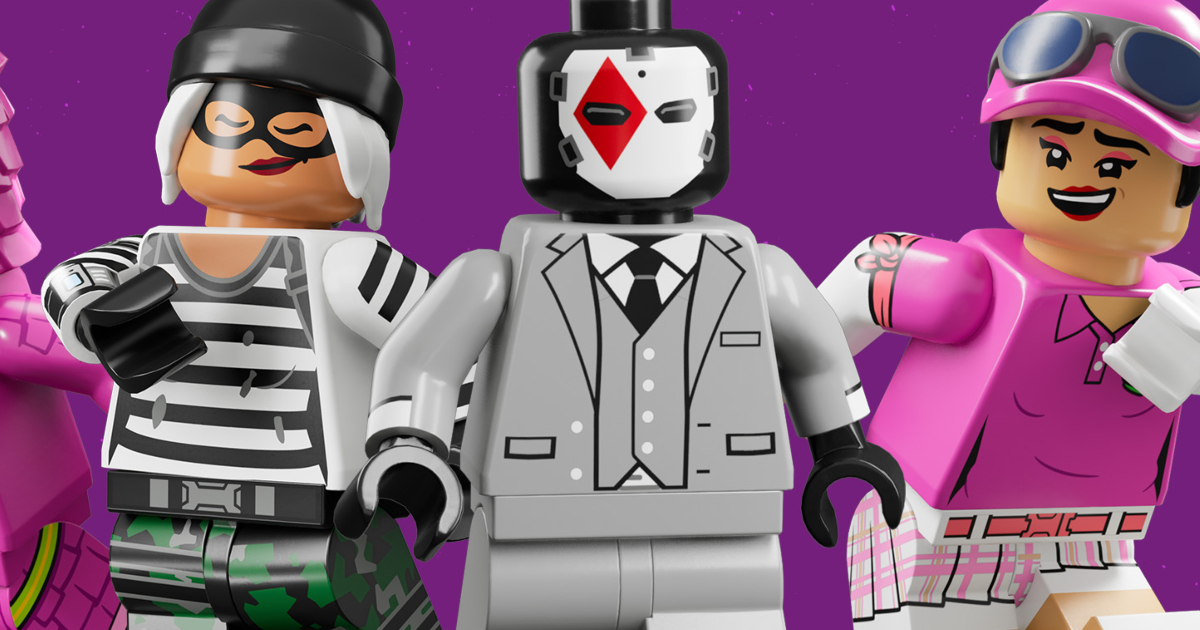Mogilevich gang admits they faked Epic Games hack to scam other hackers, calls themselves "professional fraudsters"
Just days after announcing the cyberattack on Epic Games, the Mogilevich ransomware group has admitted they didn’t actually hack the Fortnite maker. Instead, their intent was to make money off other hackers through fraud.

According to a new Cyber Daily report, Mogilevich recently announced the leak of 189GB of data the group previously claimed to have stolen from Epic Games. However, instead of the promised source code and other sensitive information, users saw a message from the gang.
A Mogilevich spokesperson nicknamed Pongo admitted that they were not a ransomware group, but “professional fraudsters.”
“None of the databases listed in our blog were as true as you might have discovered recently,” the statement reads. “We took advantage of big names to gain visibility as quickly as possible, but not to fame [sic] and receive approval, but to build meticulously our new trafficking of victims to scam.”
As a result, the hype surrounding the alleged Epic Games hack allowed Mogilevich to trick eight would-be hackers into buying their fake ransomware infrastructure. The gang even asked potential buyers for screenshots of their crypto wallets to only say it had hacked those wallets, demanding more money.
Mogilevich also claimed they managed to scam one buyer out of $85,000 by selling what was described as the hacked network of drone maker DJI.
Speaking of why the gang decided to make such a confession, Pongo noted that “this was done to illustrate the process of our scam. We don’t think of ourselves as hackers but rather as criminal geniuses, if you can call us that.”
Shortly after the news about the claimed hack, Epic Games announced an internal investigation. However, the company said that at the time there was zero evidence that these claims were legitimate. “When we saw these allegations, which were a screenshot of a darkweb webpage in a Tweet from a third party, we began investigating within minutes and reached out to Mogilevich for proof,” it said in a statement. “Mogilevich has not responded.”